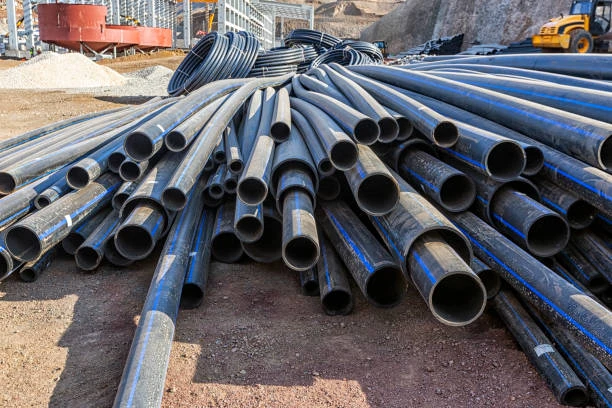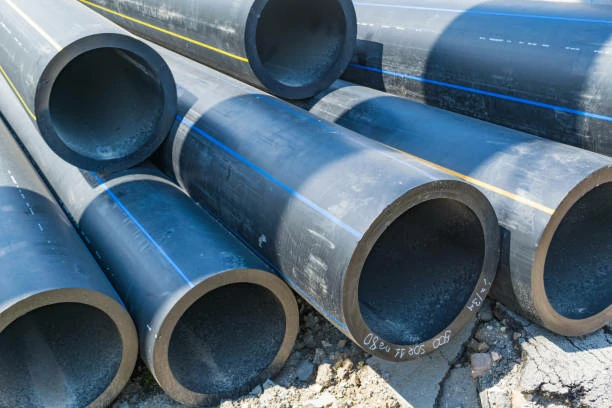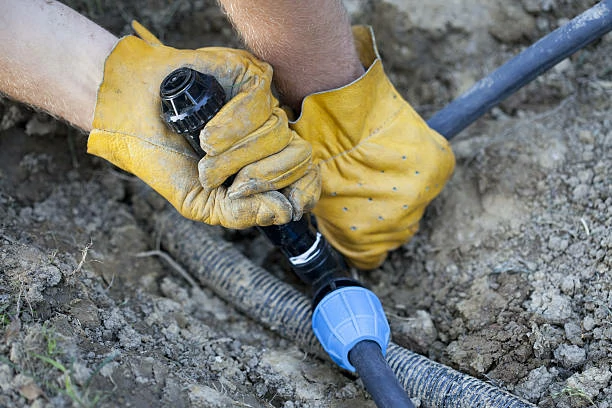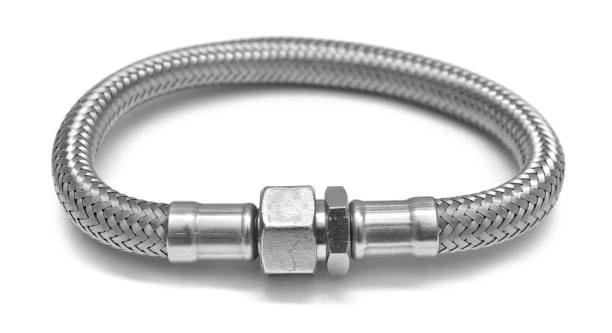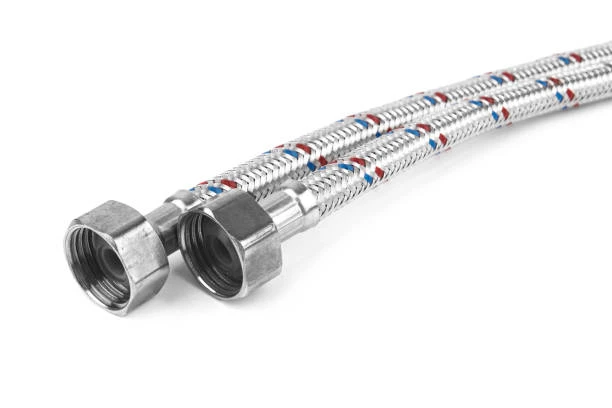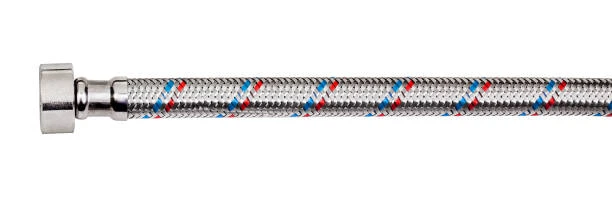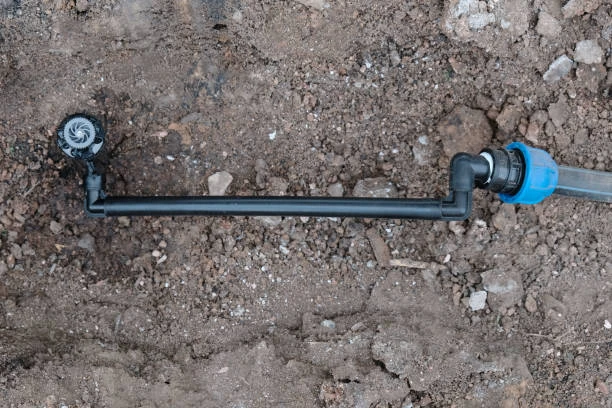
Efficient water supply systems are essential for both residential and industrial infrastructure. Choosing the right piping material directly affects durability, safety, and long-term costs. HDPE water pipe has become a preferred solution worldwide due to its strength, flexibility, and reliability. Its resistance to corrosion, chemicals, and environmental stress makes it suitable for various applications. Furthermore, HDPE pipes are lightweight, easy to handle, and can adapt to challenging terrains, making installation faster and more cost-effective. This article explores the key features, common applications, purchasing guidance, installation considerations, and comparisons with other piping materials, providing a comprehensive overview for engineers, contractors, and homeowners.
Frequently Asked Questions (FAQ)
1. What is HDPE water pipe?
HDPE water pipe is a high-density polyethylene piping system known for its durability, flexibility, and chemical resistance, widely used in water distribution.
2. How long can HDPE water pipe last?
With proper installation, HDPE pipes can last 50 to 100 years, depending on environmental conditions and pressure ratings.
3. Can HDPE water pipes handle high-pressure applications?
Yes, HDPE pipes are designed for both low and high-pressure water systems. Pressure ratings vary by pipe diameter and material grade.
4. Is HDPE water pipe safe for drinking water?
Absolutely. HDPE is non-toxic and compliant with international standards for potable water, making it ideal for residential supply.
5. How does HDPE compare with PVC or metal pipes?
HDPE is more flexible, resistant to corrosion, lighter, and requires lower maintenance compared to PVC and metal pipes.
Definition and Key Features of HDPE Water Pipe
HDPE water pipe is manufactured from high-density polyethylene, a robust thermoplastic known for its strength-to-density ratio. Unlike rigid pipes, HDPE combines strength with flexibility, which allows it to tolerate soil shifts, temperature changes, and internal water pressure without cracking.
Key features of HDPE water pipe include:
- Corrosion and Chemical Resistance: Unlike metal pipes, HDPE resists rust, scaling, and most chemicals.
- Leak-Free Joints: Fusion or mechanical joints ensure secure, seamless connections.
- Lightweight and Easy to Handle: Transport and installation require less labor and equipment.
- Flexibility: The pipe can bend to navigate obstacles, reducing the need for multiple fittings.
- Durability: Resistant to UV radiation, abrasion, and freezing temperatures, extending service life.
These features make HDPE water pipes a reliable choice for diverse residential and industrial applications.
Common Applications and Industries
HDPE water pipes serve multiple sectors due to their versatility:
- Residential Water Supply: Ideal for homes, apartment complexes, and landscaping irrigation.
- Municipal Systems: Used for urban water distribution networks due to long lifespan and low maintenance.
- Industrial Water Systems: Factories, plants, and processing facilities rely on HDPE pipes for chemical-resistant water transport.
- Agricultural Irrigation: HDPE handles uneven terrains and large-scale irrigation with minimal maintenance.
- Mining and Construction Sites: HDPE pipes transport abrasive or slurry water efficiently under harsh conditions.
The adaptability of HDPE pipes ensures consistent performance in both low- and high-pressure applications.
Purchasing Guide for HDPE Water Pipes
Selecting the right HDPE water pipe involves examining several key factors:
- Material Grade: Common grades include PE80 and PE100, which indicate different pressure handling capabilities.
- Pipe Diameter and Pressure Rating: Correct sizing and pressure class ensure reliable operation in intended applications.
- Color Coding: Blue is for potable water, black for non-potable water, and yellow for gas, reducing installation errors.
- Certifications: ISO, ASTM, and local certifications confirm safety, durability, and compliance with industry standards.
- Supplier Reputation: A reputable manufacturer provides technical support, warranties, and quality assurance.
Considering these factors minimizes future maintenance costs and ensures long-term system reliability.
Installation Considerations for HDPE Water Pipes
Proper installation is crucial to maximize HDPE pipe performance:
- Trench Preparation: Ensure smooth, appropriately deep trenches to prevent pipe damage.
- Pipe Handling: Use cranes or forklifts for large pipes and avoid dragging on rough surfaces.
- Joining Methods: Utilize butt-fusion or electrofusion for leak-free connections.
- Thermal Expansion: Account for expansion and contraction to reduce stress on joints.
- Backfilling: Use fine soil initially, then compact carefully to avoid sharp objects that could puncture pipes.
- Pressure Testing: Conduct hydrostatic tests after installation to ensure system integrity.
Following these steps ensures reliable operation and prolongs the service life of HDPE piping systems.
HDPE Water Pipe vs Other Piping Materials
| Feature | HDPE Water Pipe | PVC Pipe | Steel Pipe |
|---|---|---|---|
| Corrosion Resistance | Excellent | Good | Poor, prone to rust |
| Flexibility | High | Low | Very Low |
| Weight | Light | Medium | Heavy |
| Installation Cost | Low | Medium | High |
| Lifespan | 50–100 years | 25–50 years | 20–50 years |
| Joint Type | Fusion / Mechanical | Solvent / Mechanical | Threaded / Welded |
| Pressure Rating | High | Medium | High |
From the table, it is clear that HDPE water pipes outperform PVC and steel in flexibility, corrosion resistance, and maintenance costs, while offering longer service life.
Conclusion
HDPE water pipe provides a cost-effective, reliable, and sustainable solution for residential and industrial water systems. Its combination of durability, flexibility, and ease of installation ensures efficiency across multiple applications, from municipal networks to industrial operations. Careful selection of pipe grade, diameter, and certified suppliers, along with proper installation practices, guarantees long-term performance. Compared to PVC and steel, HDPE water pipe offers superior adaptability, minimal maintenance, and extended service life, making it the ideal choice for modern water supply systems.
IFNS’s international standards
IFNS products comply with internationally recognized standards to ensure quality, safety, and reliability. These standards include ASTM D3035 and ASTM D3350 for polyethylene pipes, ISO 4427 Series and EN 12201 Series standards for water supply systems, as well as DIN 8074/8075 and GB/T 13663 Series standards. Additionally, IFNS adheres to regional standards such as AS/NZS 4130, JIS K6760, BS 6572, and CSA B137.1, ensuring that its products meet rigorous performance and durability requirements worldwide.
Connect
IFNS, a Chinese manufacturer with 30 years of experience, specializes in high-quality plastic pipes, fittings, and valves. Interested in IFNS’s copper fittings, copper valves, plastic pipes, or fittings? Contact us today. IFNS offers a wide range of standard pipes tailored to your needs. Explore our affordable, cost-effective valve and piping system products.
We respond to emails or faxes within 24 hours. For immediate assistance, call us anytime with questions about our products.


